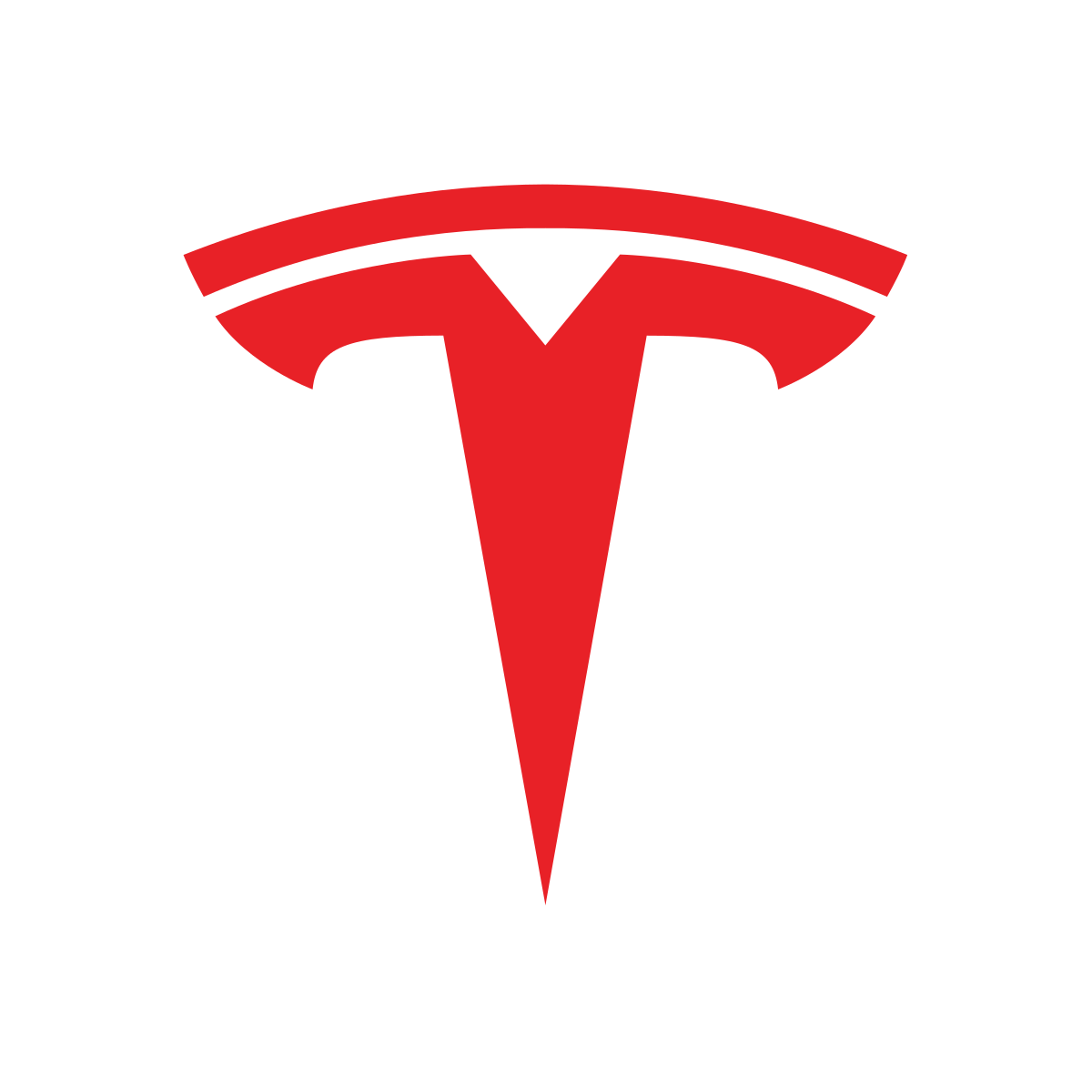San Francisco, July 3 (Reuters) - Kentucky is requiring that electric vehicle charging companies include Tesla’s plug if they want to be part of a state program to electrify highways using federal dollars, according to documents reviewed by Reuters.
Kentucky’s plan went into effect on Friday, making it the first state to mandate Tesla’s charging technology, although Texas and Washington states previously shared such plans with Reuters.
In addition to federal requirements for the rival Combined Charging System (CCS), Kentucky mandates Tesla’s plug, called the North American Charging Standard (NACS), at charging stations, according to Kentucky’s request for proposal (RFP) for the state’s EV charging program on Friday.
“Each port must be equipped with an SAE CCS 1 connector. Each port shall also be capable of connecting to and charging vehicles equipped with charging ports compliant with the North American Charging Standard (NACS),” the documents say.
Tesla, the dominant EV maker in the United States, has scored a string of victories for its charging technology in recent weeks, starting with Ford Motor F.N, saying it would adopt NACS.
But a group of EV charger makers and operators is pushing back against Texas’ plan to mandate the inclusion of Tesla technology in charging stations, saying it is “premature,” according to a document seen by Reuters.
“Time is needed to properly standardize, test, and certify the safety and interoperability of Tesla connectors across the industry,” they said in a letter to the Texas Transportation Commission.
The U.S. Department of Transportation earlier this year said that charging companies must provide CCS plugs to be eligible for federal funding to deploy 500,000 EV chargers by 2030.
It added that the rule allows charging stations to have other connectors, as long as they support CCS, a national standard.
The National Electric Vehicle Infrastructure Program (NEVI) provides $5 billion to states.
Even though the NACS plug is superior to CCS in terms of ergonomics, I feel like this side steps the issue here— the plug isn’t the problem, the charging infrastructure is. If NACS plus show up everywhere but are as reliable as EA, it will only make people question whether or not there’s ANY reliable charging infrastructure. Imagine: “I heard Tesla chargers are reliable, this charger has a Tesla plug but it can’t get it to charge! Oh well, guess the charging infra isn’t there yet.“
IIRC the federal money for chargers at least sets a minimum reliability standard, which is a good first step. Hopefully states will follow through as well.


